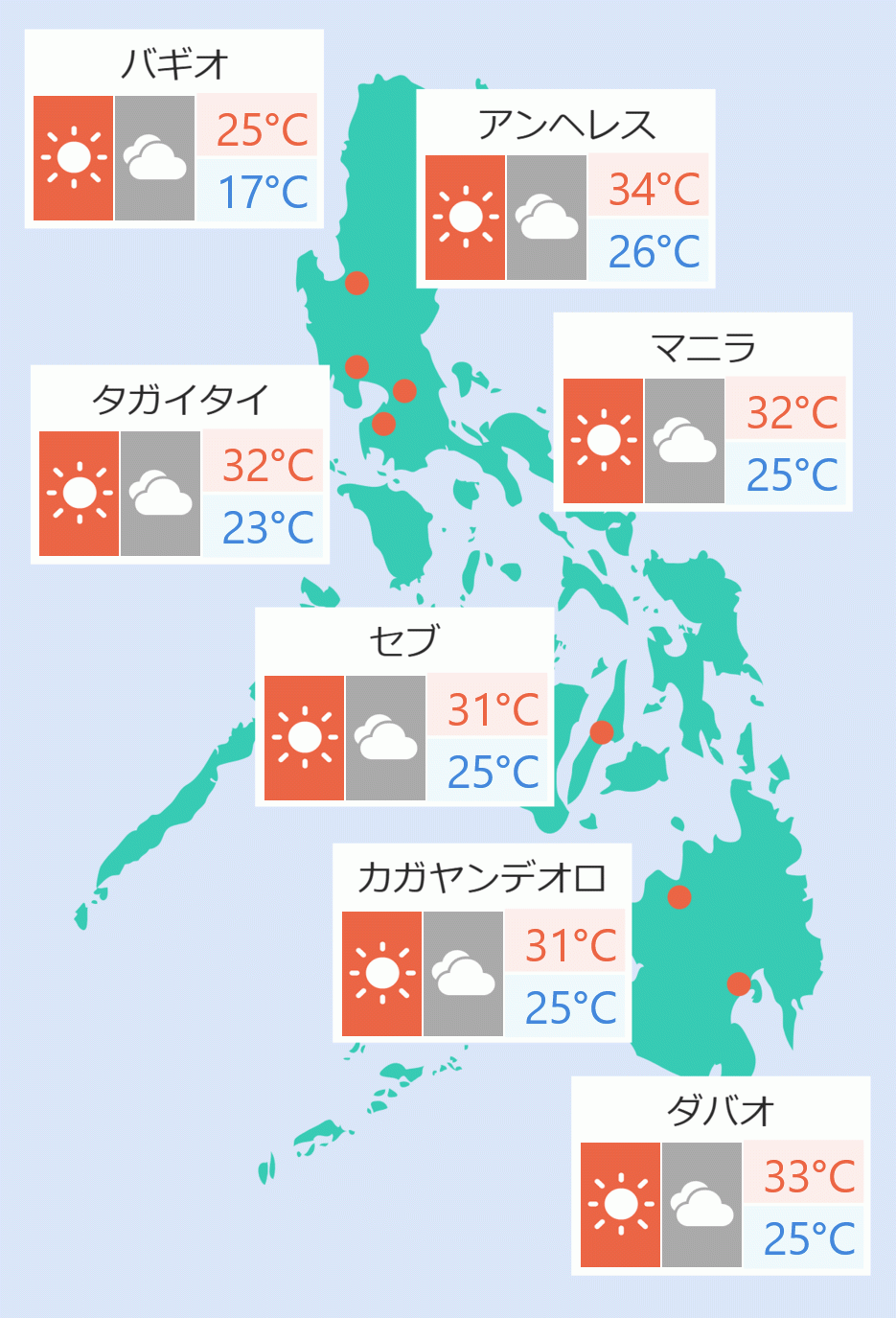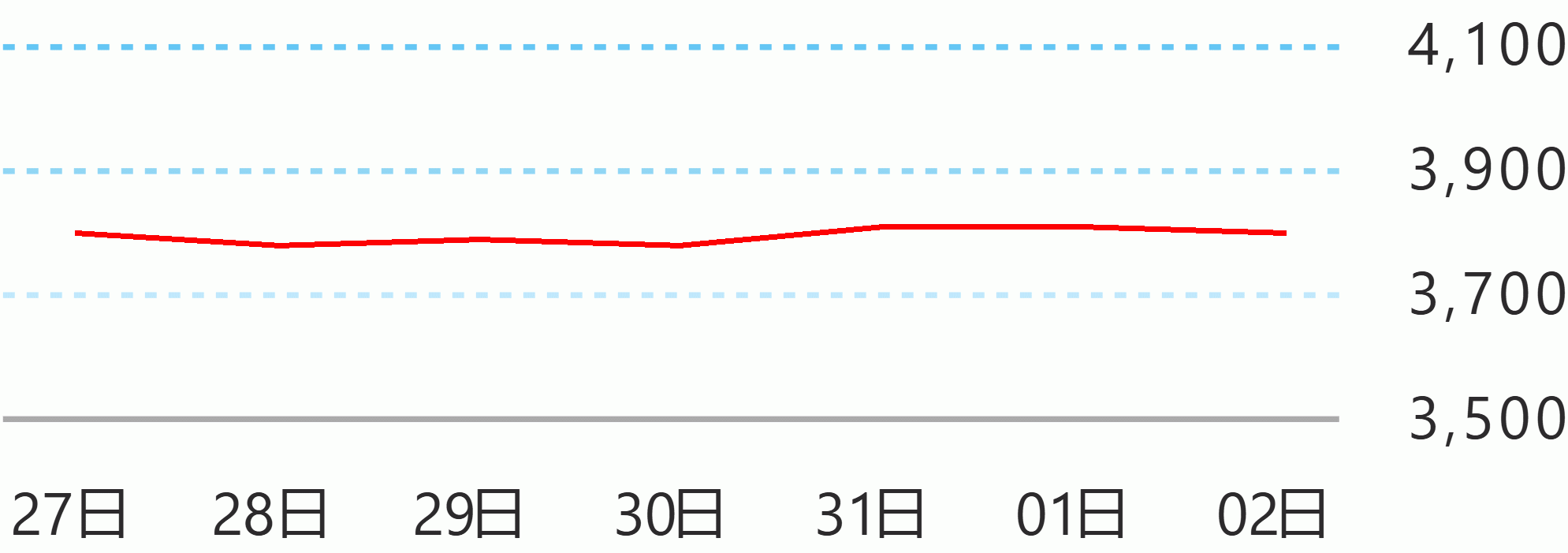The Department of Finance (DOF), through its International Finance Group (IFG), has secured concessional financing for big-ticket infrastructure projects under President Ferdinand Marcos, Jr.’s Build Better More Program as well as grants for various development projects to support the country’s rapid economic growth.
Since the beginning of the Marcos administration, the DOF has been able to secure concessional financing for 16 project loans amounting to $6.47 billion to support the continuous implementation of key infrastructure projects and other priority initiatives of the government.
This includes 10 loans amounting to $5.18 billion to support the high-impact infrastructure flagship projects (IFPs) under the Build Better More Program such as the Bataan-Cavite Interlink Bridge Project, supported by the Asian Development Bank (ADB) with pipelined co-financing from the Asian Infrastructure Investment Bank (AIIB), which is poised to become one of the world’s longest marine bridges.
Financing was also secured for other IFPs including the North-South Commuter Railway Extension Project, Davao Public Transport Modernization Project, and the Three Priority Bridges Crossing Pasig-Marikina River and Manggahan Floodway Bridges Construction Project from the Japan International Cooperation Agency (JICA), ADB, and Export-Import Bank of China, respectively.
Meanwhile, about $7.04 billion in budget support financing has been successfully secured by the government through Official Development Assistance (ODA) sources over the same period. Along with $6 billion in global bonds issued in coordination with the Bureau of the Treasury (BTr) and other budget support financing sources, loan proceeds help bridge the programmed fiscal deficit consistent with the Medium-Term Fiscal Framework (MTFF).
As laid out in the Philippines’ first-ever MTFF, the government aims to bring down the country’s debt-to-GDP ratio to less than 60 percent by 2025, cut the deficit-to-GDP ratio to 3 percent by 2028, and maintain infrastructure spending at 5 to 6 percent of GDP annually.
Aside from loans, the IFG also processed grants, technical assistance, and other bilateral agreements between July 1, 2022 to December 15, 2023.
Among the grants include the Green Economy Programme in the Philippines from the European Union (EU); the Capacity Building for Higher Education and the Establishment of Genome Agricultural Research Center at the University of Philippines Los Banos (UPLB) from the Korea International Cooperation Agency (KOICA); and the Programme for the Improvement of Socioeconomic Infrastructures in Bangsamoro Region from JICA.
Other grants secured will help the government accelerate the rollout of projects to strengthen communities’ resilience against climate change; improve the livelihoods of Filipinos, particularly farmers and fisherfolks; enhance capacity building of government agencies to quicken the delivery of public services; improve the rice supply chain to ensure the quality of seeds and milled rice for distribution and buffer stocks in the Philippines; expand and enhance health and medical sciences in the country; and create a comprehensive and sustainable urban development master plan for Metropolitan Davao; among others.
"We are grateful for the full support of our multilateral and bilateral partners, alongside the confidence placed in us by global investors. The magnitude of support we are receiving from the international community is a testament to the steadfast leadership, effective and independent foreign policy, and comprehensive socioeconomic agenda of President Ferdinand Marcos, Jr.,” Finance Secretary Benjamin Diokno said.
“The prudent fiscal management we have exhibited has encouraged global investors and development partners to support our infrastructure program and other development projects through concessional loans and grants. ,” he added. DOF Information Management Service





 English
English










